Scientists warn of ecosystem consequences for proposed B.C. seal hunt
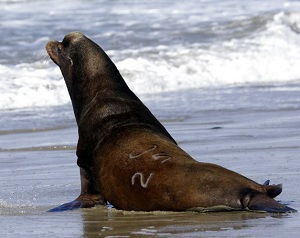
A British Columbia group wants to revive the seal and sea lion hunt on the west coast, provoking a debate about the controversial practice and prompting scientists to warn of consequences for the ecosystem.,,, But Dr. Peter Ross of the Vancouver Aquarium says there’s no data to suggest a cull would help salmon species. “Personally and professionally, I don’t think it would make an ounce of difference,” he said. (a deep thinker!),,, Andrew Trites, who oversees the marine mammal research unit at the University of British Columbia, said perceptions about rising seal and sea lion populations are skewed. >click to read<09:43

































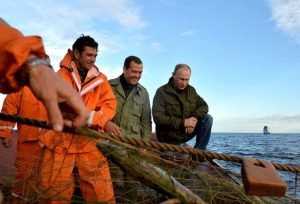
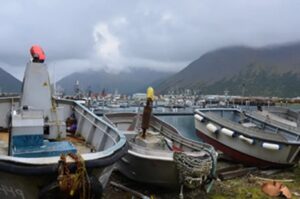





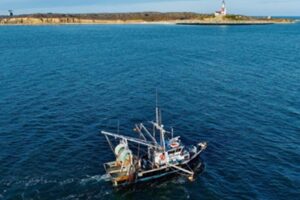

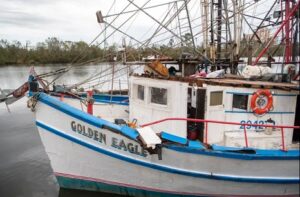
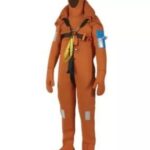



I believe that the cull would help the situation of the salmon as a recreational fisherman that has fished during historic runs and the meager runs.
I fish Fraser River areas to the mouth of the Sumas and into the Harrison river as far as up to the lake and there is always an abundance of seals present.
They have developed a no fear of humans presence and I have seen seals tow fishing boats around in circles as they try steal some unlucky anglers fish that they had tied off over the edge of their boats.
These seals are extremely aggressive when they get between shorelines and fisherman, I myself have seen a seal surge out of the river and go over the front of a small fishing boat trying to avoid it
Here is my food for thought so to speak…
I was watching a news broadcast of the Polar Bear situation in the Eastern north coast of Canada.
Reports say that there is 25,000 Polar bears left in the world and 15,000 of them are in Canada and a lot of them now are forced to roam around inhabited communities in search of a food source.
The bears are hunters and scavengers, but poor ice packs and lack of local food source cause the human vs bear interactions
My idea is to cull a studied amount of the seals and sea lions and not use as a food source for any commercial or indigenous value but to harvest them and freezer stock them for shipping out east to the areas that the Polar bears inhabit.
In conjunction with the D.F.O and Armed Forces aircraft they could air drop and distribute these frozen carcasses over the tundra and ice-packs away from communities.
This could also be considered for other North Arctic areas as well and would involve very little distraction or interaction to the bears while the drops took place.
These animals have a keen sense of smell and would find these carcasses in very little time.
The bear populations I quoted were from a news broadcast and may not be totally accurate, but give you an idea of the numbers.
Everyone would benefit from this idea as a it would be a world showcase for Canada on how to assist mother nature in her time of need.
That and we already know that the rest of the world already frowns upon us harvesting baby seals on the east coast even though its regulated by the government for their fur value.
Myself and others I know don’t wear furs and for sure would not consider seals or sea lions as part of my daily diet.
Signed.
Food for Bears